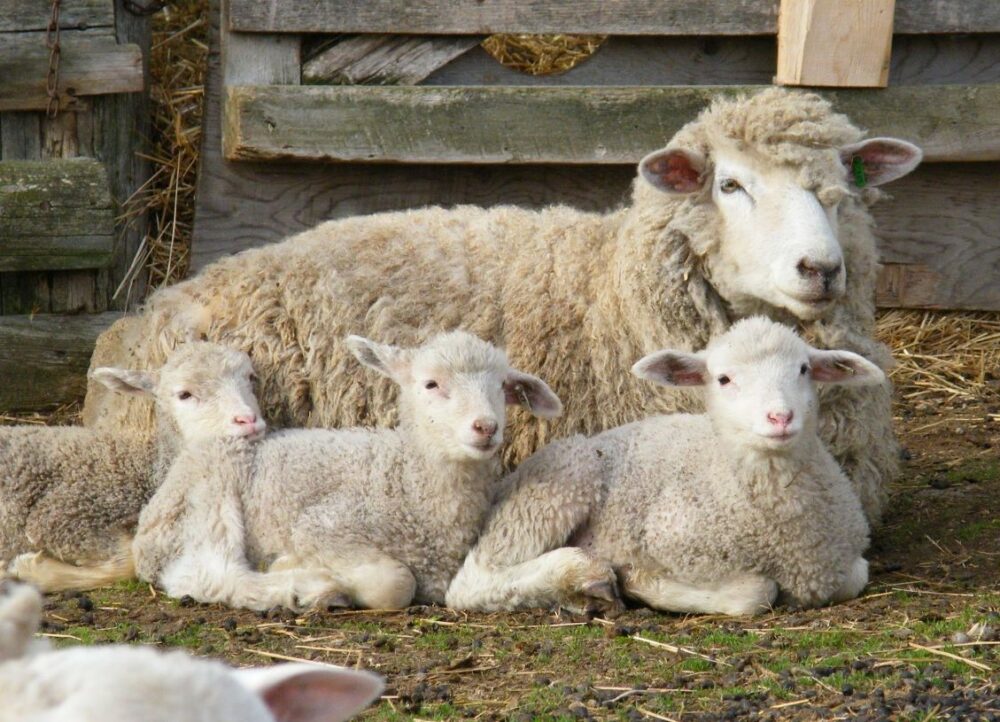
There is a basic human tendency to be not kind and merciful but critical and judgmental.
“His heart was moved with pity for them” (Mk 6: 34).
The 16th Sunday of Ordinary Time has a very simple Gospel, yet one that contains great depth and beauty. The disciples have just come back from their first big preaching trip, they are tired and in need of a rest, and the people are thronging around Jesus and them so that they had no opportunity even to eat (Mk 6: 31).
So off they go for a little break, to a lonely place (in Greek, this would be eremos, which means desert; in Russian it translates to poustinia — the disciples are going off to poustinia together).
But lo and behold, the crowds find them, and there they are, thronged again.
This will lead to the miracle of the multiplication of the loaves and fish, and in our liturgical arrangement of readings, this is followed over many Sundays by the Bread of Life discourse in John 6, which reveals to us the Eucharistic depths of the Lord’s self-gift to us.
But on this Sunday, we simply have the Lord looking at the crowds and being moved with pity, for they were like sheep without a shepherd (Mk 6:34).
It is this “being moved with pity” that I want to reflect on.
We live in a world where we can at times feel rather thronged by an unruly crowd.
Social media and the whole culture of the Internet, to whatever extent we are engaged with it, can serve up to us an endless array of widely varying opinions and views on all humanity and their behavior, countenances, choice of vocabulary, clothing, hair styles and any other markers of human identity, education, and culture we can think of.
There is a real human tendency, when one is thronged in such a way, to be moved … well, not so much by pity, eh?
When confronted by a wide range of human beings who may have what to us are very odd opinions and ideas, expressed in ways that we would not choose, there is a basic human tendency, to be not kind and merciful, but critical and judgmental.
Internet culture encourages this and amplifies it, but it is a basic human tendency. At best it moves us towards repulsion, dislike, disgust even, and at its worst to hatred and contempt of the “other,” however we define that category.
At its extreme worst, of course, it leads to dehumanization, violence, and the tragedies human history is filled with of war and genocide.
Well, that’s not how Jesus was. That’s not what Jesus did. His heart was moved with pity, with compassion, with tenderness.
Seeing an unruly throng of messed up people who probably weren’t acting very politely and maybe didn’t smell too good, he saw them as they really were, sheep without a shepherd yet beloved of God and searching for the Good Shepherd.
And even though that very crowd, as we will read in the weeks following this Gospel, ends up not being terribly receptive to his Gospel and rejects him (and no doubt at least some of them would be among that other crowd yelling “crucify him” a little while later), he is nonetheless kind and gentle, compassionate and pitying towards them.
So that’s a good word for all of us, right?
I live in the United States right now (and love it dearly), and we are in the midst of a fierce presidential election. Battle lines are drawn, and each side seems to regard the other, largely, as beneath contempt; as not simply “wrong” but as actually evil.
Outside of politics (which at least in my lifetime has always tended to be rather nasty), there is a culture of disrespect, cruelty, harshness in our world today that is truly dismaying if we look at it through the lens of the Gospel or even simply the lens of decent human behavior.
We who are Christians, we who follow Christ, have to reckon with this. We must guard our hearts very seriously as we gaze upon whoever we consider to be the “other” in our world, whoever is among that unpleasant and unattractive crowd we might be tempted to scorn.
Jesus had pity on them. Jesus has pity on us, too. And he calls us to look with great pity and compassion on all human beings, truly and absolutely, no matter what they are engaged in, what their beliefs or opinions are, no matter what choices they might be making that horrify or appall us.
Every last one of them is a beloved of God; every last one of them is a sheep who (whether they know it or not) belongs to the Good Shepherd of us all.
Let’s treat them accordingly.




